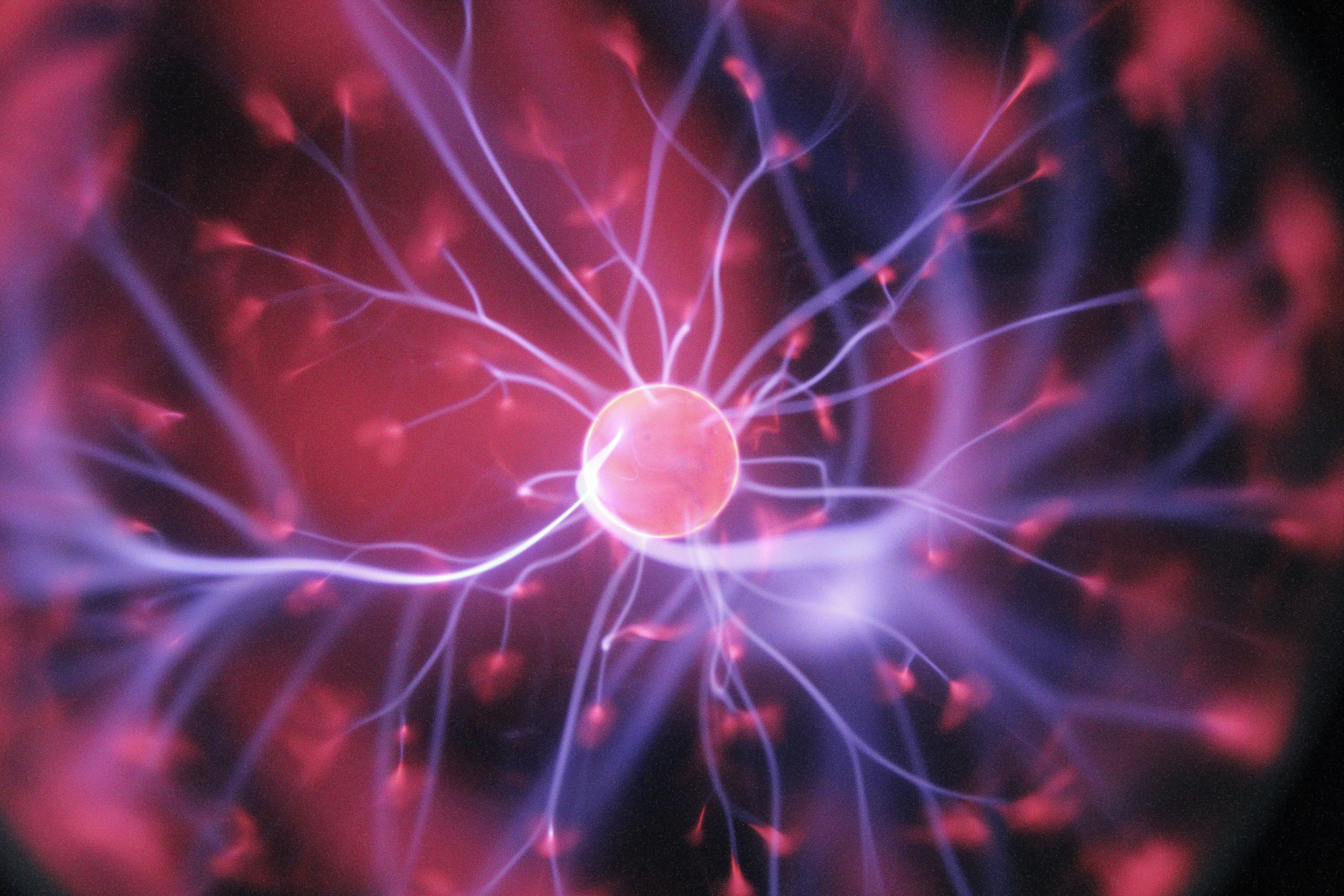Saffron is an elusive and beloved spice, widely acclaimed for its use as traditional and herbal medicine. Saffron originates from the purple crocus sativus plant and requires up to 75,000 saffron blossoms to produce just a single pound of saffron spice. Due to its intensive cultivation process and ability to naturally grow in only certain countries, it is one of the most expensive spices in the world. Saffron is natural and healthy and has been long studied for its impressive impact on the human brain, ranging from combating Alzheimer’s disease to mood-boosting to support memory it is truly impressive what Saffron can do to the brain. Let’s explore its impact!
What does saffron do to the brain?
Depression is a common mental health condition and it is estimated by the World Health organization to impact 3.8% of the population with 5.0% of adults suffering from depression. Depression leads to low mood, a lack of motivation and more, greatly impact one's quality of life and ability to concentrate at work or school. Saffron has been studied as just as effective as conventional medication like Imipramine and Citalopram for treating mild-moderate depression. Saffron helps to change the levels of neurotransmitters in the brain like dopamine, norepinephrine and serotonin to help balance mood. In addition to brightening the mood of users, Saffron did not have negative side effects compared to more traditional treatments. Saffron impacts the cortisol levels of the brain, relieving stress, always a welcomed effect in our busy and stressful lives.
Saffron has been examined as a useful treatment in some brain diseases such as Alzheimer's disease, dementia, Parkinson's disease, cerebral ischemia, and depression because of its chemically active moieties and the properties of crocin and crocetin, which are antioxidants. These properties can help against cell inflammation and progressive damage which can, in turn, improve memory, learning, and oxidative stress. Crocin, a major component of Saffron has been linked in clinical studies to memory improvement, mental clarity or lack of “brain fog.”
Sleep is so important for the regeneration of the body and rest. Our brains, while we sleep, is hard at work storing new information, and removing toxic waste to reorganize cell to have healthy brain function. Yet, many people around the world are not getting the recommended amount of 6-9 hours every night. A lack of sleep can lead to worsened health problems. Saffron has been clinically studied as a non-addictive sleep aid that combats insomnia, improves overall sleep quality and offers deep and restorative sleep.
Pre-menstrual syndrome is a condition that impacts as many as three in four women, worldwide. 90% of these women's most common symptoms are bloating and cramping, headaches and moodiness. Saffron has been leading support for PMS impacted women, by elevating headaches and helping to stabilize mood. Taking Saffron is the way to support PMS, but one study, where women simply smelled Saffron for 20 minutes, noticed impacts on lessened PMS, lower stress and lowered anxiety.
Conclusion
Optimal levels of cognitive brain function are important for a productive, successful life. Saffron is the not-so-secret, natural spice that will change your everything, by improving your mood and health for the better.


Leave a comment